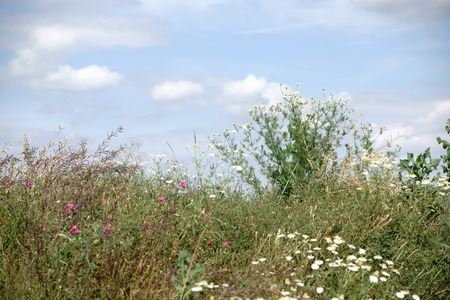Honeybees Get Biology Course at University of Texas
October 11, 2017
Bee Colony Collapse, Honey, Honey Bees
Down in Dallas, Texas, word about the decline of honeybees as well as other pollinators has spread to the point that one University of Texas professor has decided to offer something toward the effort to decrease pollinator losses. This senior lecturer, Dr. Scott Rippel, who is also a decorated veteran of the U.S. Army, is teaching a survey class called Honeybee Biology this coming fall. During this course, undergraduate biology students will have the chance to learn about honeybees’ behavior, biology, social organization as well as their role in agriculture and the environment. Rippel’s students will get firsthand beekeeping experience in the school’s apiary, including harvesting honey and maintaining the hives.
Before teaching this course, Rippel didn’t have formal beekeeping experience. It was actually one of his students who inspired him to start his honeybee pilot class for biology majors in 2012. Ever since then, Honeybee Biology has been full every year. “I was just always intrigued with honeybees,” Rippel said. “One day in 2011 a student in one of my classes who had raised bees came in and said, ‘Hey, you want to see something cool?’ It was an open hive on a log, and I was just enthralled with it.”
Rippel then worked with the campus’s Sustainability Office and Facilities Management in 2012 to create a campus apiary, so his students could get direct experience with honeybees while learning about them as superorganisms. Around campus, these bees can collect nectar from aster, Indian blanket, horsemint, canola, goldenrod, Queen Anne’s lace, and more. In addition to its original apiary, the UT campus also established another, smaller apiary earlier in the year thanks to the generosity of a McKinney, Texas-based honey company.
This micro-apiary is for introducing volunteers and more students to pollinators. As well, Rippel and Dr. Christina Thompson, a fellow senior lecturer, run a reading class about honeybees and society. In step with the rest of the campus’s sustainability efforts, an eight-acre lot on the campus’s southwest corner is a now a “mow-free” zone, which encourages native plants and prairie grasses to grow. Around campus, a grounds team maintains various pollinator-friendly plants and habitat, providing forage and breeding grounds for all native pollinators, thereby supporting the crucial role they play.
According to Rippel, “If you can protect one species of insect, it will have a benefit for others. It becomes a synergistic effect. We have planted butterfly bushes on campus that are just covered with Monarchs as they migrate, but those bushes are also a source of nectar for honeybees. It comes down to habitat. If you have the right habitat, build it, and they will come.”
Copyright: ginton / 123RF Stock Photo


.jpg)



